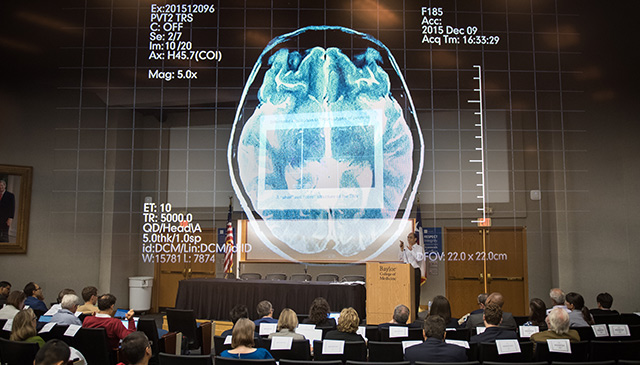
Some of the brightest minds in neuroscience recently converged on the Jan and Dan Duncan Neurological Research Institute (NRI) at Texas Children’s Hospital for its fourth biennial symposium and workshop, in partnership with Baylor College of Medicine.
The special two-day event brought together nearly 300 physicians, scientists, patients, patient advocacy groups, pharmaceutical industry experts and leaders from the National Institutes of Health (NIH), the National Institute of Neurological Disorders and Stroke, and the National Institute for Mental Health, to address key issues in the field of neuropsychiatry, an intersectional branch of medicine that deals with mental illnesses caused by organic disorders of the nervous system.
Neuropsychiatric disorders are a leading cause of disability and take a tremendous toll on society. In the United States alone, one out of five adults lives with mental illness. The spectrum of mental illnesses is vast, ranging from the extremely rare to more well-known conditions such as depression, anxiety, schizophrenia, ADHD, addiction and sleep disorders. Symptoms and their severity can vary widely from patient to patient, which makes them difficult to physiologically measure. For these reasons, neuropsychiatric disorders are some of the least understood – and some of the most difficult to treat.
“These disorders are a major health issue all over the world, however, therapeutic interventions remain limited,” said NRI/Baylor investigator and child neurologist Dr. Hsiao-Tuan Chao. “There is a growing need to understand the organic factors behind mental illness to facilitate a better understanding of the brain, as well as to develop more effective treatment strategies.”
The symposium opened with a welcome address from Dr. Huda Zoghbi, director of the NRI, and this year’s co-organizer, Dr. Steven Hyman, director of the Stanley Center for Psychiatric Research at the Broad Institute of MIT and Harvard. The pair stressed the importance of identifying new research paths in order to develop targeted therapies that could not only help treat neuropsychiatric symptoms, but could also help mitigate or eliminate side effects and toxicities that far too many patients experience.
Over the course of the first day, presentations from leading experts addressed hot topics in neuropsychiatry. These included a discussion on how genetic mutations contribute to neuropsychiatric disorders; the involvement of neuronal networks in neuropsychiatric phenotypes; the impact of immune cells on these disorders; and a look into how adaptive deep brain stimulation could potentially help specific conditions. Each session gave way to a 20-minute moderated panel discussion on the topic at hand. This feature of the symposium is unique in that it leads to immediate discussion and active participation among the many different types of stakeholders present.
Following a day of stellar research presentations, the investigators split into three working groups that focused on Molecular Bases of Disease and Human studies, Circuits and Neuromodulation, and Young Investigators. The groups discussed not only everything they had heard over the course of the day, but also their vision for the next 20 years in neuropsychiatry, including the obstacles that currently exist and what is needed to overcome them.
The next morning, key points that had emerged from these discussions were shared with the audience. The working groups identified increased access to resources and funding as a major need. But unanimously, all of the young investigators noted the critical importance of building interdisciplinary, multi-institutional collaborations, with a focus on team science and data sharing.
“Building bridges between various disciplines aids in the identification of important areas of neuropsychiatry that require further investigation and therapeutic development,” said Chao. “Neuropsychiatry itself is an interdisciplinary field, and unraveling the causes for these conditions will require continued interdisciplinary collaborations to accelerate the pace of discovery.”
The proceedings will be published as a white paper in Science Translational Medicine, a leading weekly online journal and one of the event sponsors.


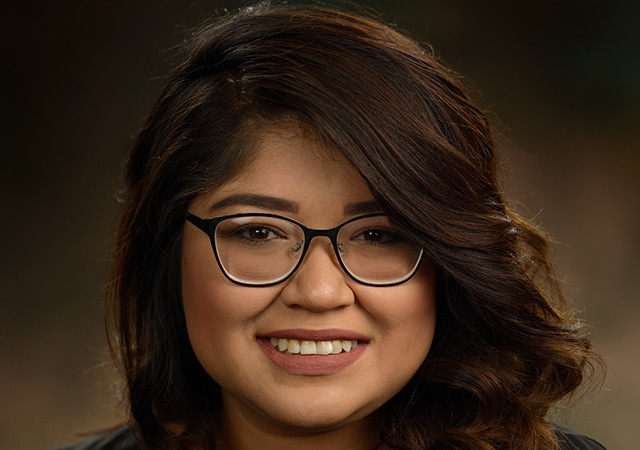
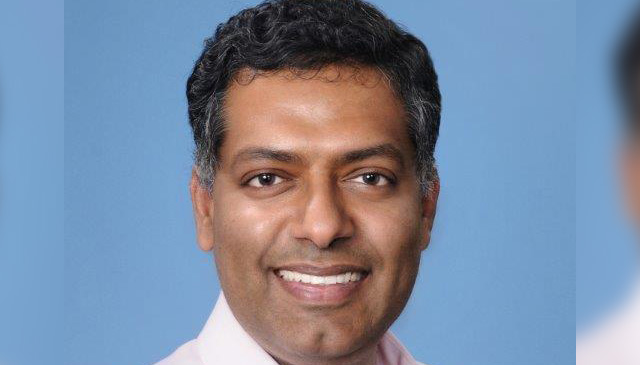
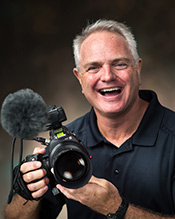
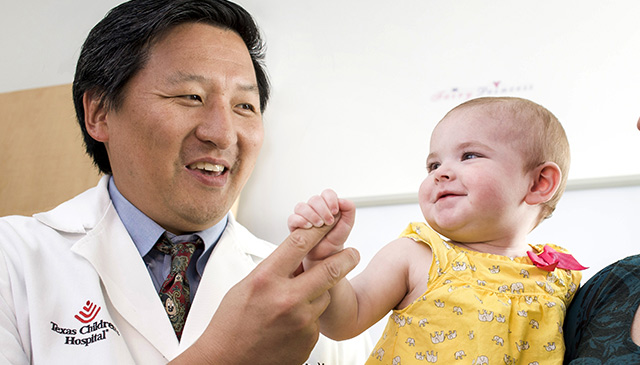
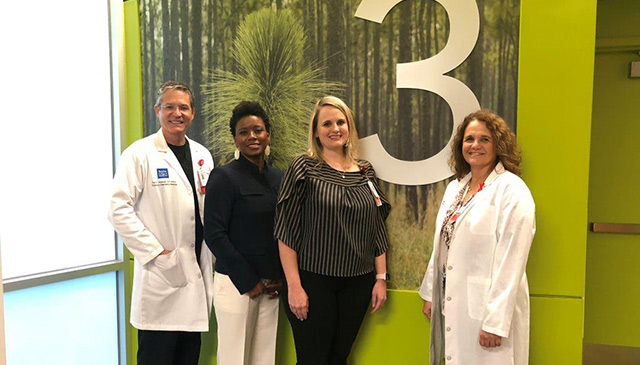
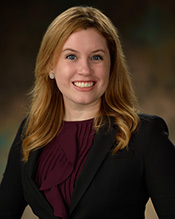 Julia Sigren, July – September 2018 Leader
Julia Sigren, July – September 2018 Leader